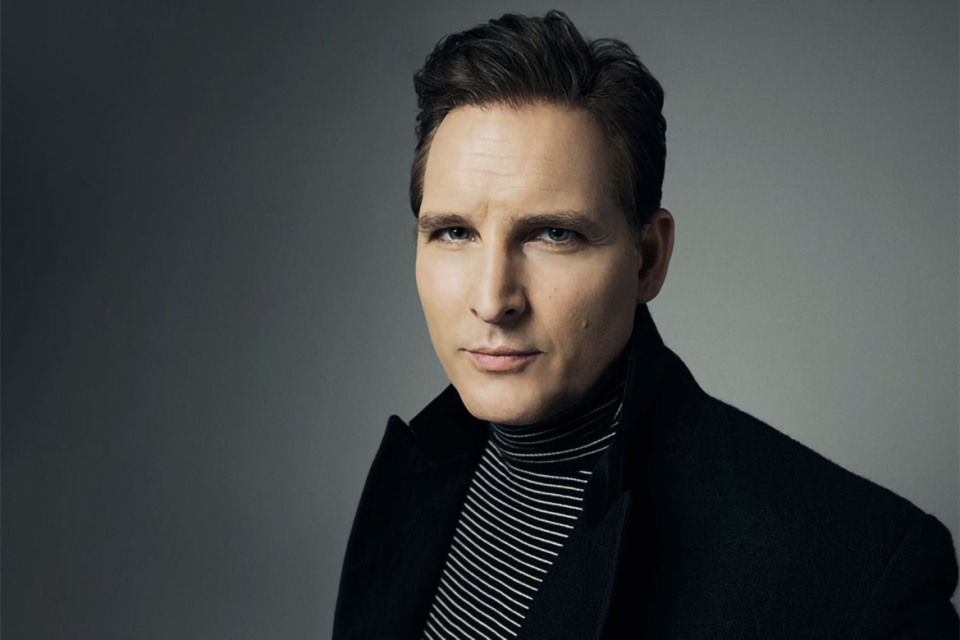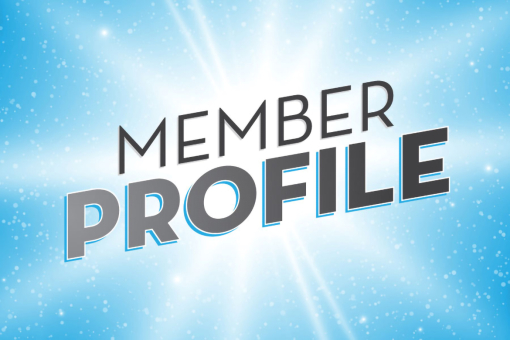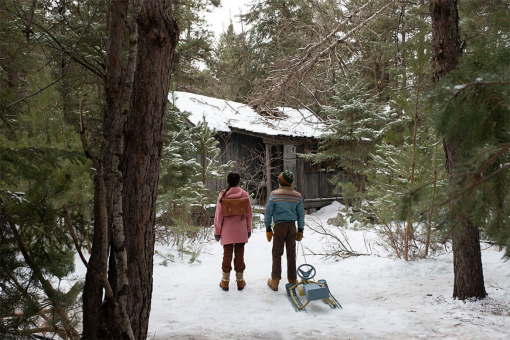As much as possible, Peter Facinelli has dodged offers to play Italian characters since his acting career began in 1995.
"I actively tried to avoid being typecast," Facinelli said in a recent interview. "I avoided playing Italian roles because I didn't want to be typecast as a New York Italian right from the start."
That meant, among other things, turning down offers to appear in The Sopranos, he said with a laugh.
But don't feel too bad for Facinelli. His strategy worked; over a career spanning nearly a quarter-century, he's played more than 60 characters - and he loves the variety he's maintained.
"Some actors, they kind of are who they are, and if they stray too much from that, the audience doesn't like them," he said. "But I always found, for me, the fun of acting was trying on different characters and playing different parts -- imagining what my life would be like if I was that person.
"I think that if I had a party and invited all my characters, it would be a fun party."
Perhaps best known for playing Dr. Carlisle Cullen in the Twilight saga, Facinelli has also had notable roles in Gangster Land, Asher, Wilde Wedding, Heartthrob and The Big Kahuna. He recently finished filming Running with the Devil, with Nicolas Cage, Laurence Fishburne and Leslie Bibb.
Recurring TV roles include Michael Plank on S.W.A.T., Maxwell Lord on Supergirl, Dr. Fitch Cooper on Nurse Jackie, Peter Decker on American Odyssey and Donovan Ray on Fastlane.
"When my agent says, 'What do you want to do next?' I say I want something I haven't done before," Facinelli said.
"But that gets harder and harder," he admitted. "I've done comedy and drama and action. What's the ultimate role that I'd want to play? I don't know. It would have to hit me when I read it."
His latest project is the STX film Countdown with Elizabeth Lail, P.J. Byrne and Jordan Calloway. The movie Hour of Lead, which Facinelli wrote and directed, stars Anne Heche, Thomas Jane and Jason Patric and is scheduled for a February release.
In November, Facinelli began work on The Ravine with Eric Dane and Teri Polo, and in December he begins filming Thirteen Minutes, which Facinelli described as "a grittier version of Twister."
And he recently completed an episode of Magnum P.I. that could lead to future appearances.
"I grew up on Magnum P.I., so when they called I was so excited," Facinelli said. "I turned into a 12-year-old kid again."
He doesn't have a strong preference between film and television work, he said.
"Either way, I'm doing the same job," he said. "It's like a plumber. A plumber can fix a sink or fix a tub, either way you're doing the same work. It's just a different platform."
But Facinelli is also interested in other platforms, such as directing and writing. He made his directorial debut in 2018 with Breaking and Exiting, starring Jordan Hinson and Milo Gibson.
"I don't think I'll ever give up acting," Facinelli said. "I love acting. It's my first love. But I do find directing is a beautiful choice for me. It's something new.
"As an actor, you tell the story through your body and your voice. As a director, you're collaborating with everyone to bring your vision to the screen. Everybody's got to be on their game to make a good film. All the elements have to come together."
His strength as a director, he said, comes from "knowing what an actor goes through. Speaking the language of an actor."
Facinelli has had an interest in behind-the-camera work for years. In fact, he started a production company - A7sle Films - in 2010. Its first feature, Loosies, was a dramatic comedy written by and starring Facinelli about a romantic New York City pickpocket.
"I've been on so many sets. I've worked with first-time directors, and I've worked with directors who've had a lot of experience," he said. "But if I lined them all up, I've been on more sets than any of them.
"You pick things up from every director," he added. "The best film class I could ever have is being on set for 25 years."
One's perspective also changes, depending which side of the camera you're on, Facinelli said.
"As an actor, you beat yourself up a lot if a take's not perfect, or you think you messed up a line," he explained. "When you're a director, you think of everything in pieces. You can say that line three or four different ways, and you use the right take. ... It gives the editor a lot of choices. It's not about nailing the first take and having every moment be golden. Just give them as many golden moments as you can."
His experience as an actor has also informed his work as a screenwriter, he said.
"I didn't specifically take writing classes to write scripts," he said. "You put 10,000 hours into reading so many scripts. And, as an actor, you give input to the director - 'What if my character said this, or did this?' You give you input to try and make the script a little better here and there. So you learn what works, you learn what doesn't work."
His script for Hour of Lead, for instance, took him just three weeks to write.
"I thought about it a lot, and then it just poured out of me," he said.
He never lets his doubts get the better of him, he said.
"Some days I'm like, I don't know if I can pull this off. But on the day of the job, it's like throwing yourself into the pool. You sink or swim."
Primarily, Facinelli is simply thrilled that he continues working in the field.
"I love what I do. I feel very fortunate that I continue to do it," he said.
"If someone asks me what I do, rather than say I'm an actor, a producer or a director, I like to say that I'm a storyteller," he added. "I love stories, and I love being able to tell them."
Facinelli credits fatherhood - he became a dad in 1997, shortly after his acting career began - with keeping him on track.
"I was new to Hollywood," he said. "Who knows where I would have ended up if I'd not had a kid? Who knows what I would have gotten into? But having a kid, it grounded me very quickly."
It was a lot of pressure at the time, he recalled.
"I had just literally left my own house, my mom and dad's house, and now I had someone calling me Daddy. I was 22 ... that's a lot of pressure," he said. "My oldest daughter, she's 22 years old now. I can't imagine her having a kid at that age."











